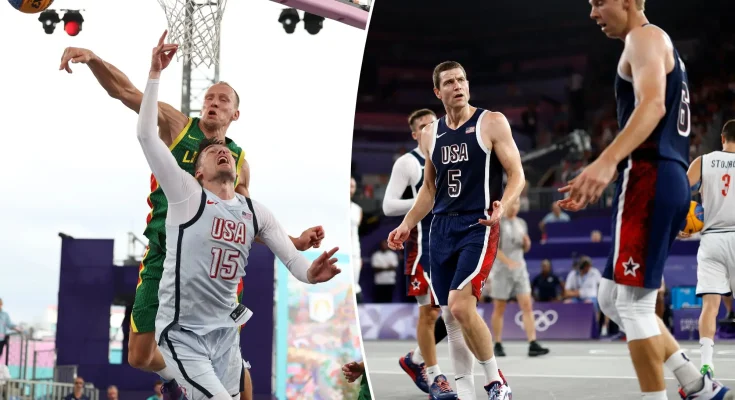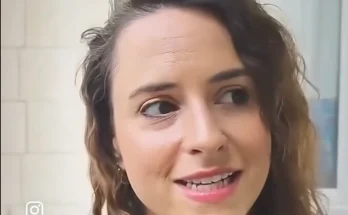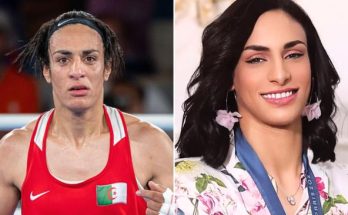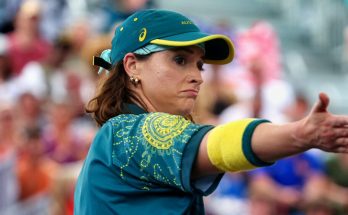One hot August morning, years ago, inside a steamy gymnasium in Honesdale, Pa., I heard some of the wisest words ever spoken.
They were delivered by a man named Brendan Malone, then an assistant coach to Jim Boeheim at Syracuse, formerly the head coach at Power Memorial, later a head coach at Rhode Island and with the Raptors and the Cavaliers. His son, Michael, won an NBA championship in 2023 with the Nuggets, a few months before Brendan passed at 88.
“The second-greatest sport ever invented was basketball,” he told a couple of hundred of us sprawled lazily on the basketball floor at Camp Lake Bryn Mawr. It was a diverse audience. Some of us would play in the ACC and the Big East in a few years; some of us would log 17 total minutes of varsity high school basketball.
“But the greatest, bar none, was three-on-three basketball.”
“He was right, of course,” Pete Gillen, formerly of Xavier and Providence and Virginia and also the New York Post, was saying the other day. “You can play three-on-three until you’re halfway in the ground. But as a coaching device, there’s no better way to teach the little things – move without the ball, passing, reading defense, spacing.”
From that moment in August 1984 I played maybe 200 more games of full-court five-on-five in my life. I played 11,226 games of three-on-three. I played in gyms, on playgrounds, in backyards. I once played three-on-three on an aircraft carrier in the Pacific Ocean, at The Palestra (in stocking feet), at a Caribbean resort (barefoot).
“You can play a game of three-on-three every day the rest of your life,” Gillen’s old friend Malone told us. “All you need is one ball, one basket, two friends and three strangers.”
In the spirit of this sound life counsel, I hereby implore the United States of America to do what we did beginning right around the morning of Sept. 29, 1988. You may recall that the night before, in the Jamsil Gymnasium in Seoul, Korea, the U.S. lost in the semifinals of the Olympic basketball tournament to the Soviet Union, 82-76.
Unlike 1972, this was no heist; Russia was better. Much better. They had Arvydas Sabonis and Sarunas Marciulionis and Alexander Volkov, all pros, all legit stars in any league; we were still using college kids. It was right around dawn the next morning when USA Basketball began cooking up what became known as the Dream Team four years later.
This had the immediate feel-good effect of restoring order to the basketball world as we prefer it; in the long term it grew the sport, globally, at lightning speed.
It’s time we act exactly the same way now, given the results of the three-on-three basketball event in Paris. If you didn’t notice … well, good for you. But here’s the skinny: in the men’s event, we went 2-5 – including a humbling 21-6 thrashing by the Netherlands.
We did a little better in the women’s bracket, going 5-3. settling for a bronze medal. But, still: the five-on-five women have now won 58 straight games heading into Wednesday’s quarterfinal match with Nigeria; we can’t even reach the finals in three-on-three?
It begs an interesting question: how in the world can this be? Any three guys off the West 4th Street playground should be able to beat the Dutch – anywhere, anytime. Give me three Indiana farmers who shoot a thousand shots a day before firing up their combine, and I’m pretty sure we would beat Poland, which we were unable to do in France.
So I called Pete. It bothers him, too. And yes, he felt as I did: if only this had been a sport at, say, the ’72 games, we could’ve rounded up Earl (the Goat) Manigault, Herman (Helicopter) Knowings and James (Fly) Williams, sent them across the pond, and had them school the world on the boundless art of three-on-three.
“Really, it’s a reflection of the way the sport is now,” he said. “Now it’s about chucking and ducking, heaving and leaving. Basketball begins with dribbling now, not passing. There’s less emphasis on spacing, and spacing is how you really succeed in three-on-three.
“Everything is off the bounce now. Everyone wants to make guys fall down, like Kyrie Irving. It’s part of the evolution of the game. And maybe not all for the better.”
The Americans’ pure skill can generally shake out well across 48 minutes. In the Olympics, three-on-three is a much shorter game. How many times do you see a poor team lead a great team after a quarter? That’s three-on-three. There’s not enough time for sheer talent to work its way back.
Still: if they are going to have this sport at the Olympics, this can’t happen again. We can’t be this bad in Los Angeles in four years. Not in our own back yard.
Maybe we should send #Knicksanova to L.A. in ’28. I’ll bet Jalen Brunson, Josh Hart, Mikal Bridges and Donte DiVincenzo can fix this. The women? They declared this year they’re better than the world without Caitlin Clark and Angel Reese; name them to the three-on-three team and add whichever college superstar will develop in the next four years, and I’ll put my money down that we win three-on-three, five-on-five, four-on four and any other basketball iteration you want.
Thirty-six years ago, we got a wake-up call to end all wake-up calls. This ought to be another one.








